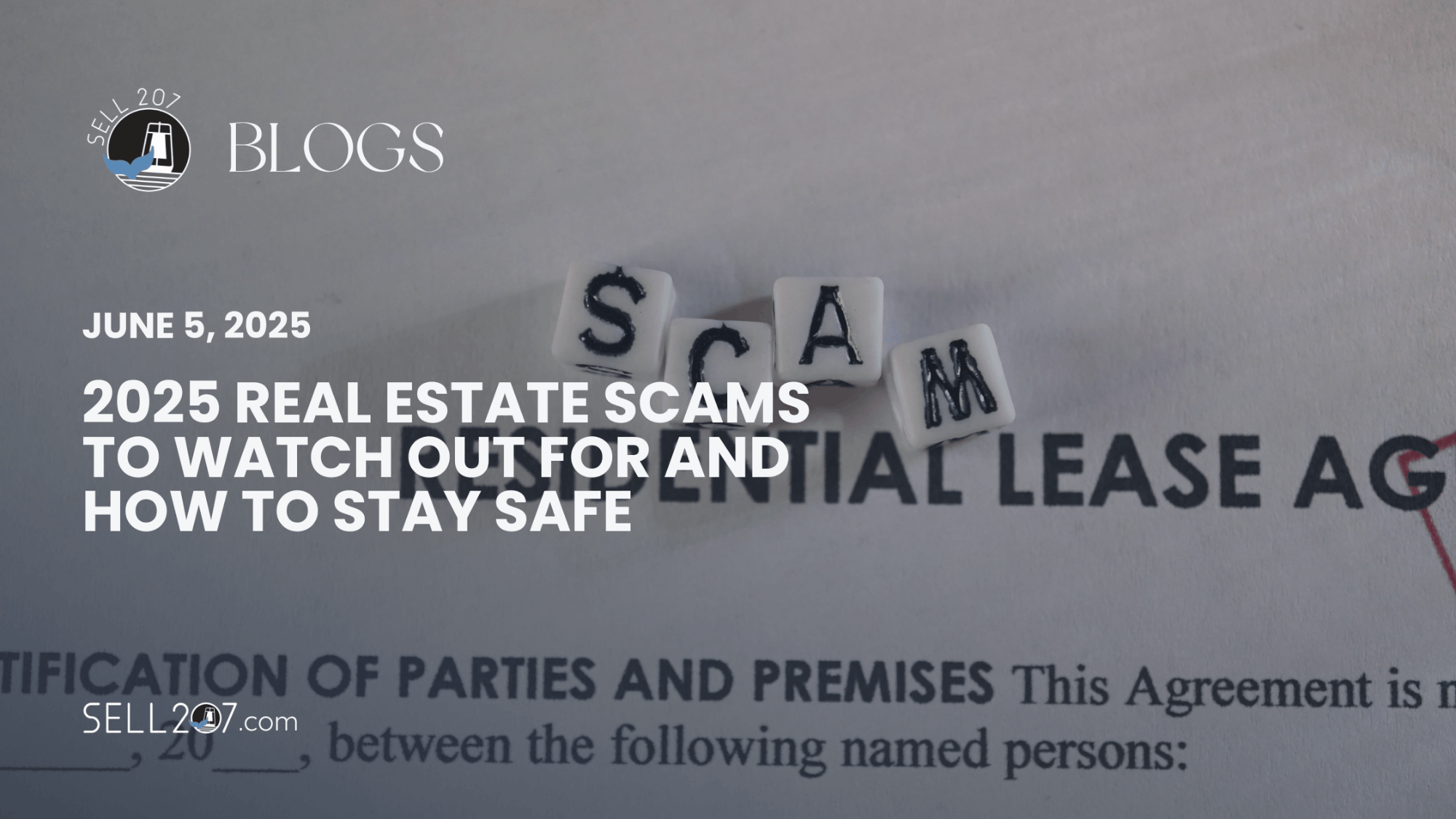Blog > 2025 Real Estate Scams to Watch Out For and How to Stay Safe

As technology evolves and real estate continues to grow more competitive, scammers are getting smarter. In 2025, buyers, sellers, renters, and agents all need to be on high alert. Here are the most common real estate scams happening this year—and how you can protect yourself.
1. Fake Rental Listings
Scammers are copying legitimate rental listings and reposting them with their own contact info, often at attractive prices to lure in victims. They may ask for deposits or rent upfront—then disappear.
How to stay safe:
-
Never send money before seeing a property in person.
-
Verify listings through trusted property management companies or real estate agents.
-
Be wary of deals that seem too good to be true.
2. Wire Fraud During Closings
Wire fraud remains one of the most devastating scams in real estate. Hackers gain access to email threads between buyers and closing agents, then send fraudulent wiring instructions.
How to stay safe:
-
Always verify wire instructions over the phone using a trusted number.
-
Watch for last-minute changes in email communication.
-
Use encrypted or secure platforms for sensitive documents.
3. Title Fraud and Deed Theft
In title fraud, scammers forge ownership documents to transfer a property into their name and then attempt to sell or refinance it. This is especially common with vacant or rental properties.
How to stay safe:
-
Monitor your property records regularly.
-
Consider title insurance and property fraud alerts.
-
Consult a real estate attorney if you receive suspicious notices.
4. Phishing Scams Targeting Agents and Buyers
Scammers often impersonate agents, buyers, or financial institutions to trick you into giving up sensitive information, like bank account numbers or login credentials.
How to stay safe:
-
Don’t click on suspicious links or download unknown attachments.
-
Confirm the sender’s identity before responding to emails or messages.
-
Use two-factor authentication for your email and banking accounts.
5. Bogus Investment Opportunities
As interest in real estate investing grows, so do fake opportunities—especially in vacation markets or new developments. These may include fake pre-construction projects or timeshare-style traps.
How to stay safe:
-
Research thoroughly and seek legal or financial advice before investing.
-
Be skeptical of pressure tactics and guaranteed returns.
-
Look for licensure, permits, and project history before committing funds.
Bottom Line
Scammers are adapting to the digital age—and the real estate world is a frequent target. Whether you’re buying, selling, or renting in 2025, staying informed is your first line of defense. Work only with trusted professionals, stay vigilant, and never be afraid to ask questions or verify information before taking the next step.

